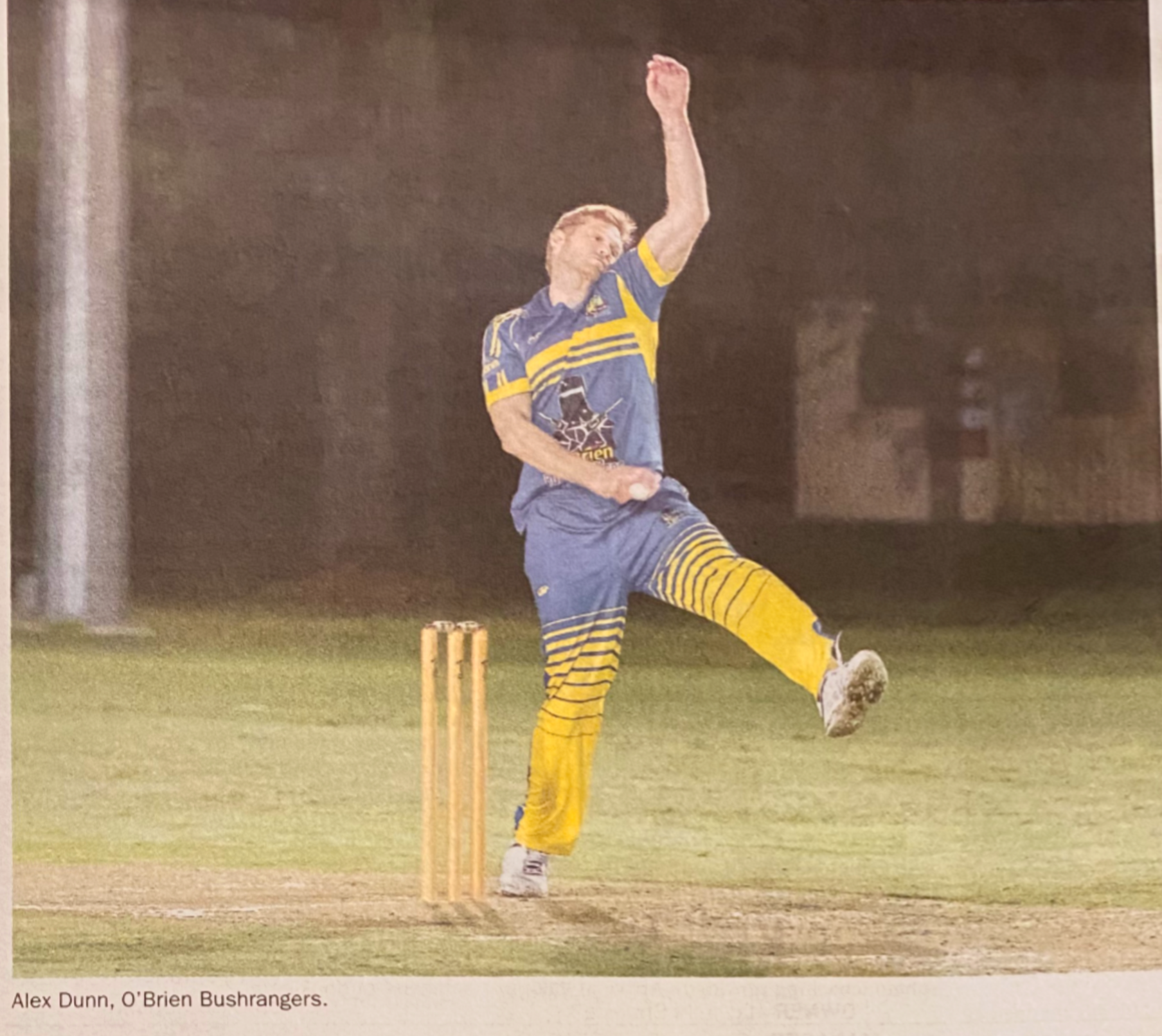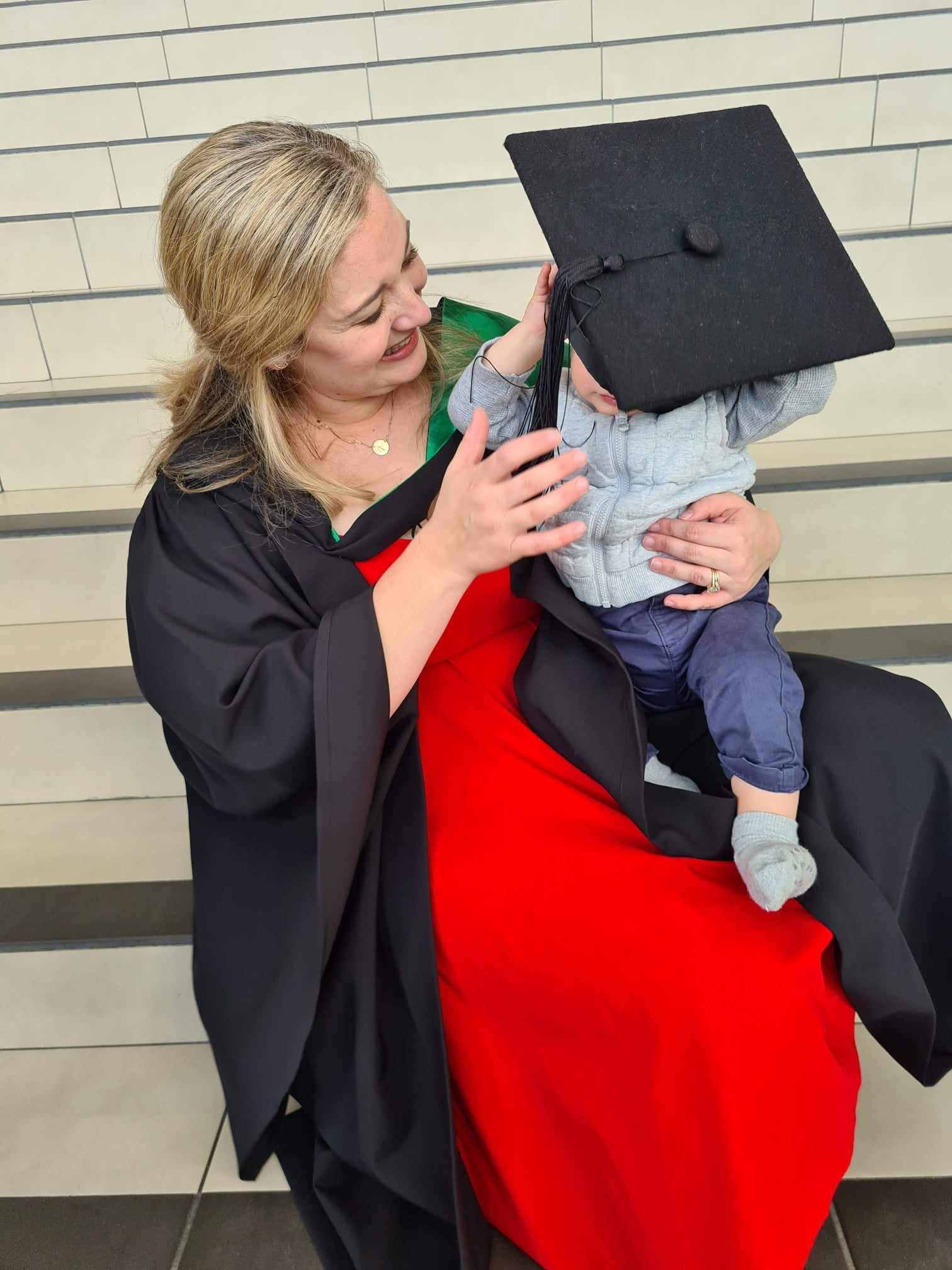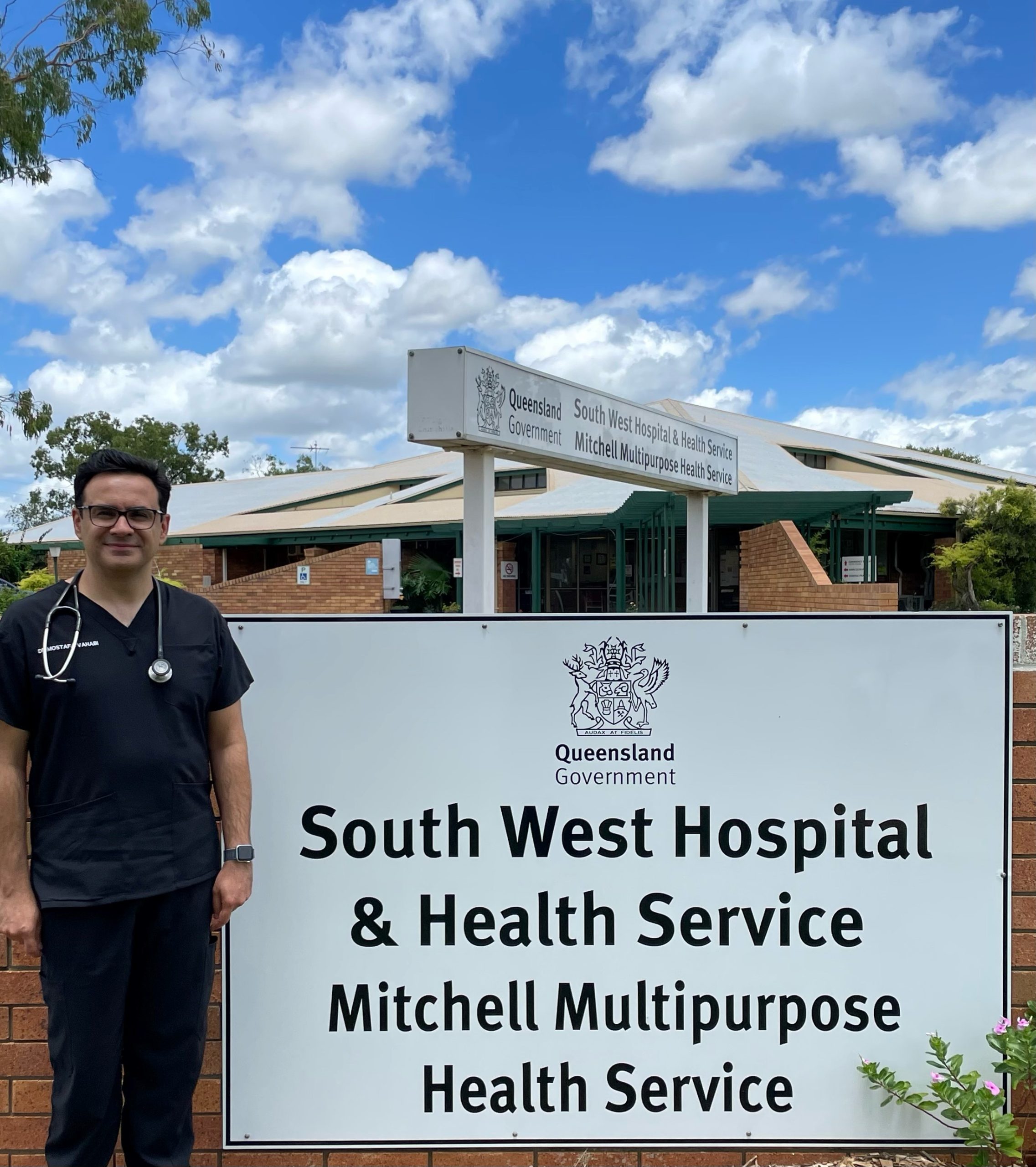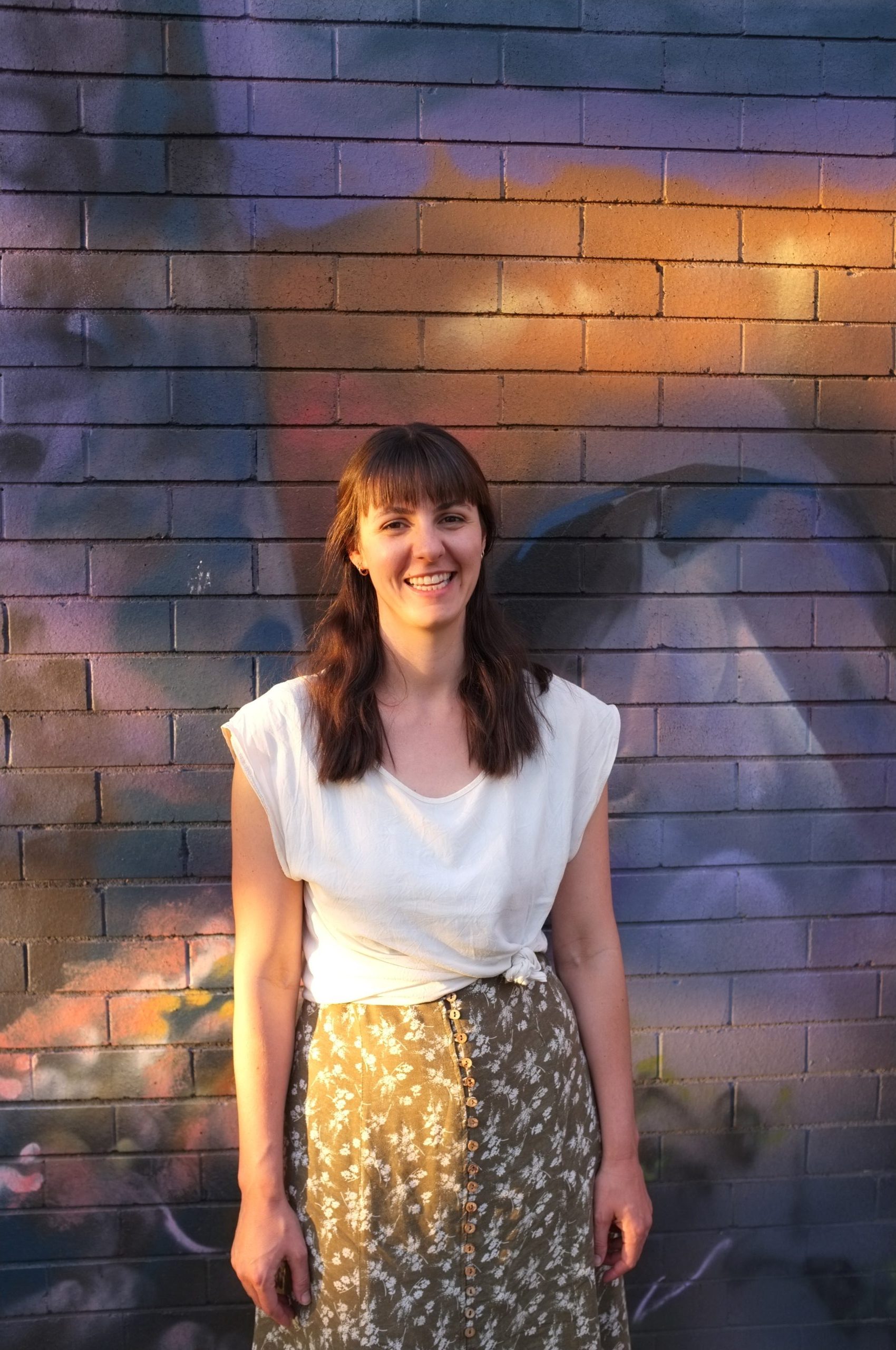Up until vocational training, you have likely spent most of your time in a predominantly hospital-based setting, undertaking your core training years and possibly your Advanced Skills Training (AST). Now you are ready to put your training, passion and commitment into action in a rural or remote setting.
For some trainees, lining up a vocational job can be relatively straight forward. You may have a location selected and be actively planning a site visit. For others, the whole process can feel tricky. Will you feel supported? What will the community be like? Will there be something for your partner/family/kids to do? What will the scope of practice look like?
Rural Generalist Training Advisor, Dr Alex Dunn, knows firsthand how challenging it can be selecting a vocational position. In this blog, Alex shares his tips to help you on your decision-making journey toward a location and position that suits you, your skills set, and your family.
“The bat is not a toy, it’s a weapon”
-Virat Kohli
Don’t wait until November to start thinking about your position for the following year. The QRGP team provides many resources for trainees to get thinking about vocational positions early. Join in for the Rural and Remote Jobs Summit, held in approximately May each year. This is an opportunity to hear from representatives from recruiting Queensland Health rural and remote facilities. They spotlight upcoming vacancies, local attractions, training opportunities and employment benefits, supervision, General Practice (GP) / hospital mix roles, and their vision for their region.
QRGP then releases the much-anticipated Rural and Remote Vacancy List around July. It is the only centralised list of rural and remote hospital vacancies in the state. As you know, your Rural Generalist skills are in high demand, so use the list as a tool to see where your skills could be needed. You can also look at past vacancy lists to see where previous roles have been.
“From my past performances, past success, I know all days cannot be rosy and what keeps me going is the support from my team”
-Sourav Ganguly
Often the best way learn about rural and remote vacancies, is by meeting up with colleagues from around the state at different forums. The QRGP team offers a range of workshops, dependent on your stage of training, enabling you to meet facilitators and trainees from across Queensland. Other organisations such as the Rural Doctors Association of Queensland (RDAQ), the Australian College of Rural and Remote Medicine (ACRRM), and the Royal Australian College of General Practitioners (RACGP), all provide valuable opportunities to attend conferences and events to meet other Rural Generalists working in the sites you are interested in.
It is equally important to develop and maintain relationships in your own training hospital. Being able to call upon senior staff members when you are at your rural post is extremely valuable. Be prepared to make contact with the Medical Superintendent or Practice Principal in the location you are interested in. Have a chat to the Registrars and other hospital staff who are currently working there. You will find they are more than happy to hear from you and answer most questions you have.
“Forget fear, do something different”
-Mahendra Singh Dhoni
We are privileged to do a job that makes a real difference and have a skill set that is in high demand across our state. Your first rural post is a chance to go somewhere out of your comfort zone, explore new regions, and challenge yourself on a professional and personal level.
Back yourself! This is what your training has prepared you for. You may find it is the best move you have ever made! There are so many stories of Rural Generalists and their families moving somewhere new and staying because they fell in love with the area.
“Compromise for your dream. But never compromise on your dream”
-Imran Khan
Consider your skill set against the needs of the community you see yourself working in. If you have an Advanced Skill that you are utilising, look for a rural site where this skill is needed and keep an eye out for upcoming vacancies that require this skill.
If you have already committed to a particular location, you could consider undertaking Advanced Skills Training in a discipline that the community needs to further support the local medical workforce skill diversity.
“The most important thing you need as a sportsman is to be clear on what you’re actually doing”
-Brett Lee
Visiting a place where you are considering applying is invaluable and can provide clarity. It shows you have a genuine interest in the job and gives you a firsthand opportunity to see what the place looks like and whether you can envision yourself working and living there.
It is helpful to seek out someone in the area and ask a few questions about how they find living and working in the community. Speak with other staff members about what services the site has and what the limitations of practice are. For example, do they provide full obstetric services, what does retrieval look like? Chat to members of the community about the town and what it has to offer, they can provide insight into what facilities are available and uncover some hidden gems in the region.
If you have a partner or a family, take them along for the site visit; it’s a team effort. Check out the schools in the area, childcare facilities, restaurants, shopping, playgrounds, and what hobbies you could enjoy.
“No dream is ever chased alone”
-Rahul Dravid
Going as a team to a location could be a great balance between adventure and comfort. Find a location that has multiple vacancies, consider your set of skills, and plan to tackle vocational training together. Not only will this make your individual transition easier, but together you can work on building the health service your new community needs.
“The process is more important than the results. And if you take care of the process, you will get the results”
-Mahendra Singh Dhoni
Your Rural Generalist Training Advisor is here to help you navigate this journey and provide support and guidance during the process. They have walked this path before, so lean on their experience, they are more than happy to help, including introducing you to Rural Generalists in locations where you’re considering a role.
“No matter how hot the fire burns, a Protea always survives”
-AB de Villiers
It is normal to feel apprehensive and a bit overwhelmed when taking a big step into the unfamiliar. But always remember this is what your training has been preparing you for. A bit of homework and preparation can go a long way towards helping you secure the rural job you want.
Good luck!
Dr Alex Dunn | Rural Generalist Training Advisor







